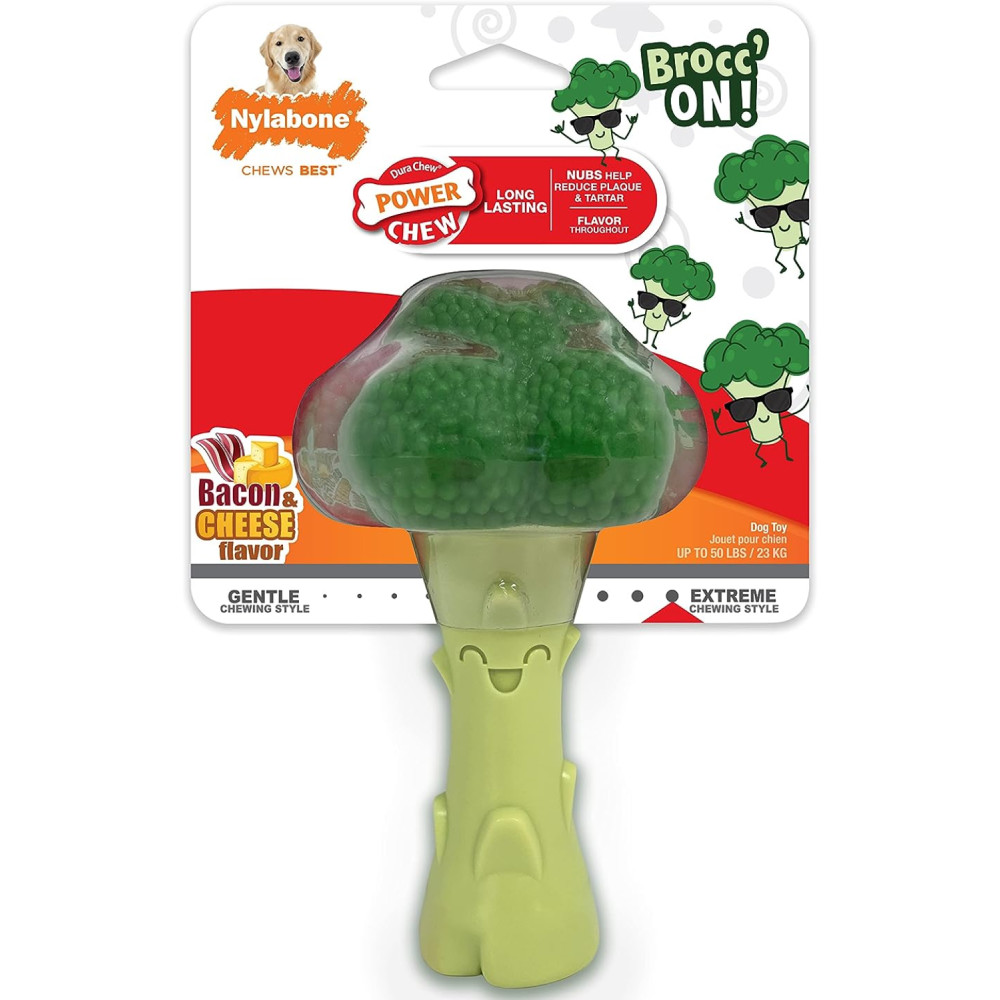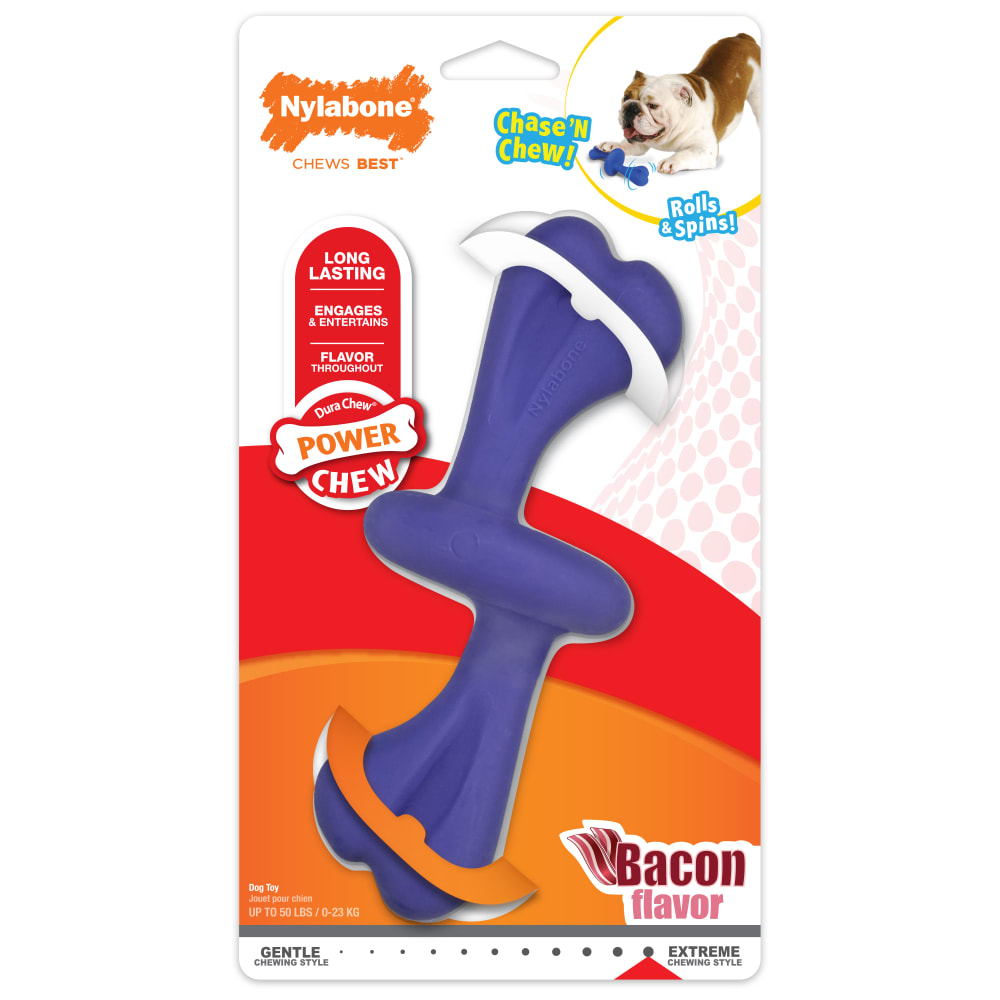How to Stop Your Puppy from Biting and Nipping All the Time
If you are a new puppy parent (or planning to add a pup to your family soon), get ready for the golden days of cuddles, naps, and daily cuteness overload! Amid all this excitement, though, puppy teething can be a not-so-fun adventure.
Pups naturally explore their surroundings with their mouths, and as they try to ease teething discomfort, they often bite, nip, and chew any nearby items they can get their mouths on—even your fingers! If you’re wondering how to stop a puppy from biting and nipping so much, we have some advice for you.
Start Training Early
When trying to stop puppy nipping or biting, it’s important to start puppy training as soon as possible! Try out these training tips to help improve your furry friend’s chewing tendencies:
Use Verbal Reactions
While biting and nipping is often playful behavior, it may seem your puppy won’t stop biting you! When biting becomes forceful and hurts, make a loud noise and pull away. This helps your pup understand such pressure is not acceptable.
Use Body Language
On the other hand, leaving the area without verbally reacting can work, too. Some pups may interpret any high-energy response as an invitation to play, which could further encourage them to repeat the unwanted action. Temporarily leaving the area may be a better way to communicate that what your pup did is not allowed or rewarded.
Reward Good Behavior
Puppies are new to the world! Therefore, they’ll need some guidance on what’s good behavior versus bad behavior. When your puppy stops nipping or biting after you’ve given a verbal or physical cue, they should be rewarded with something tasty, such as puppy chew treats. This will help them learn which qualities and actions are acceptable.
Learning how to stop your puppy from biting can also be rewarding for you. Be consistent, have patience, and eventually, positive behaviors will start to develop!

Encourage Healthy Chewing Habits
The main reason teething puppies bite is because they are feeling discomfort! This soreness takes place when the permanent teeth start to emerge behind their baby teeth. Though the puppy teething stages (and when puppies stop biting) can vary, discomfort will continue until the permanent teeth are fully grown in—which may be around nine months old.
Here are a few ways you can help ease your puppy's teething pain or discomfort:
Give Them Chew Toys
If your puppy won’t stop biting, give them something appropriate and fun to chew on! Puppy chew toys are an excellent way to help stop your puppy from biting your hands, chair legs, or sneaker!
Offer Cooling Relief
Pet parents may be tempted to give their teething pup ice cubes to chew on, but this is not safe because the hard texture can damage teeth. Not to mention, the small size can present a choking hazard.
Rather than using ice, several teething chew toys can be put in the freezer for extra relief and a cooling sensation!
🐶 RELATED: How to Puppy-Proof Your House
Take Preventive Measures
Although teething and biting are part of the puppy developmental stages, you may need to take some preventive measures to stop a puppy from biting themselves or your furniture:
Chewing Deterrent Spray — If your pup won’t stop chewing, licking, or biting themselves, then a chewing deterrent spray may be the best solution. These sprays are often formulated with a long-lasting bitter flavor that’ll discourage your puppy from going after their paws, tails, or whichever body part they tend to gnaw.
Repellent Spray — Keep your dog away from objects they may be intrigued to bite or chew in the first place! Designed to be used in conjunction with training, Four Paws Keep Off!® Repellent Spray can be applied to furniture, rugs, flower beds, shrubbery, and other forbidden areas.
From Nips to Niceness
Practice makes perfect! Now that you’ve learned how to stop a puppy from nipping and biting so much, continue reinforcing good behavior and providing healthy chewing options. Eventually, playtime will be nothing more than that: play!
Has learning how to get your puppy to stop nipping and biting piqued your interest in common puppy behaviors? Here are some more articles to sink your teeth into:
FOLLOW US!






